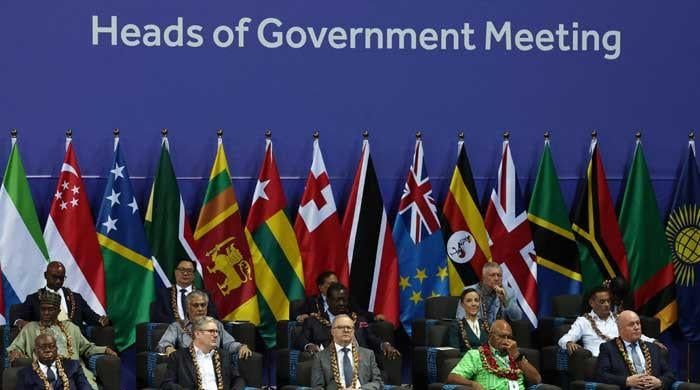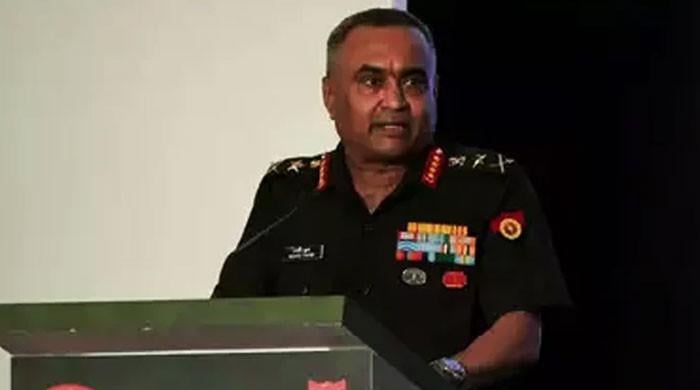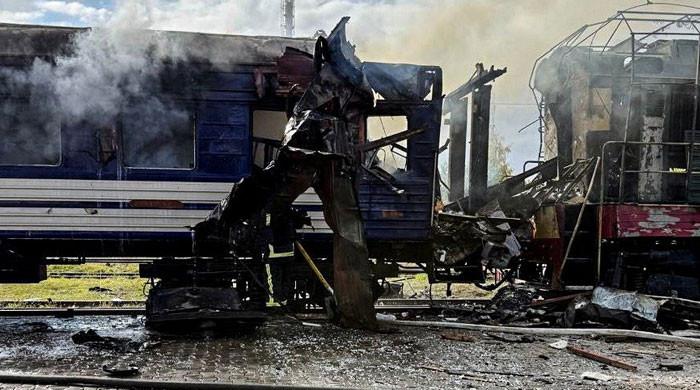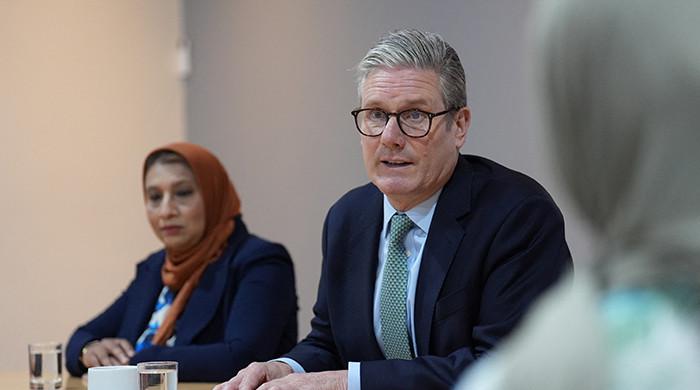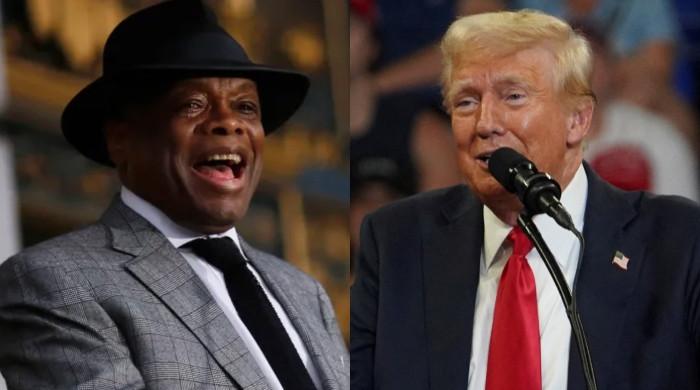The Commonwealth's 56 members agreed on a historic summit declaration Saturday that raised the prospect of future reparations.
Gathered in Samoa, leaders from Britain and dozens of former colonies held long and occasionally tense conversations about one of the most sensitive aspects of their shared and turbulent past.
In a joint statement, Commonwealth leaders highlighted calls for “restorative justice” for the “abhorrent” transatlantic slave trade and the “lasting effects” of the dispossession of indigenous peoples, contract labor and colonialism.
“The time has come for a meaningful, truthful and respectful conversation to forge a common future based on equity,” said a joint “Samoa Communiqué.”
Nations in Africa, the Caribbean and the Pacific want Britain – and other colonial powers – to atone for slavery and other evils of colonization, and to start talks on compensation.
Many remain poorer than their former colonial masters and are still scarred by the brutal trade that saw between 10 and 15 million slaves snatched from Africa over four centuries.
While Britain has expressed remorse for slavery in general terms, London has opposed the idea of paying financial reparations, which could come at a high price.
During the summit, London attempted to avoid making explicit commitments while attempting to maintain some semblance of Commonwealth unity.
“I must be very clear: in the two days we have been here, none of the discussions have been about money,” British Prime Minister Keir Starmer said after the meeting.
“Our position is very, very clear on this,” he said, insisting that the talks had been “very positive.”
The meeting's conclusion was delayed for hours as leaders and officials tried to reach a compromise.
The final text may be more vague and legalistic than some former colonies wanted.
During the summit, Prime Minister of the Bahamas Philip Davis said AFP It was time for “a real dialogue about how to address these historical wrongs.”
“The horrors of slavery left a deep generational wound in our communities, and the fight for justice and restorative justice is far from over.”
But one expert said the summit could go down as historic.
“Commitment to conversations about reparative justice opens the door to dialogue,” said Kingsley Abbott of the Institute of Commonwealth Studies at the University of London.
“The Commonwealth,” he said, “should see this as an opportunity to lead a potentially historic process, and do so with vision and courage.”
'Painful' past
For Britain, still searching for its place in the world after empire and leaving the European Union, the summit was a high-stakes balancing act.
Starmer is under political pressure at home, and King Charles III, whose family profited from the slave trade for centuries, had faced calls to personally apologize.
The British royal, attending her first summit as monarch and as head of the Commonwealth, stopped short of apologizing on Friday and called on delegates to “reject the language of division.”
“Listening to people across the Commonwealth, I understand how the most painful aspects of our past continue to resonate,” he said.
“None of us can change the past, but we can commit, with all our hearts, to learning its lessons and finding creative ways to correct the inequalities that persist.”
Charles left to return to London before the final summit communique was agreed.
Pacific blue
Commonwealth leaders found a more common cause in the “existential” issue of climate change.
They agreed to an “Oceans Declaration,” which recognizes current national maritime boundaries even as sea levels continue to rise.
They also agreed to protect at least 30% of the ocean and restore at least 30% of degraded marine ecosystems by 2030.
“What the oceans declaration seems to do and say is that once marine boundaries are set, they are set in perpetuity,” said Baroness Patricia Scotland, outgoing Commonwealth Secretary-General. AFP.
Commonwealth leaders also agreed to appoint Ghanaian Foreign Minister Shirley Ayorkor Botchwey as the new Secretary-General.
A former lawmaker, she has served as foreign minister for the past seven years, notably leading Ghana's two-year term on the UN Security Council, which ends in December 2023.
He has backed drafting a Commonwealth free trade agreement and has previously said he supports reparations.
“Truly humbled by the overwhelming support of the Commonwealth Heads of Government in selecting me as the incoming Commonwealth Secretary-General,” she posted on social media.
“The work is really ahead!”

